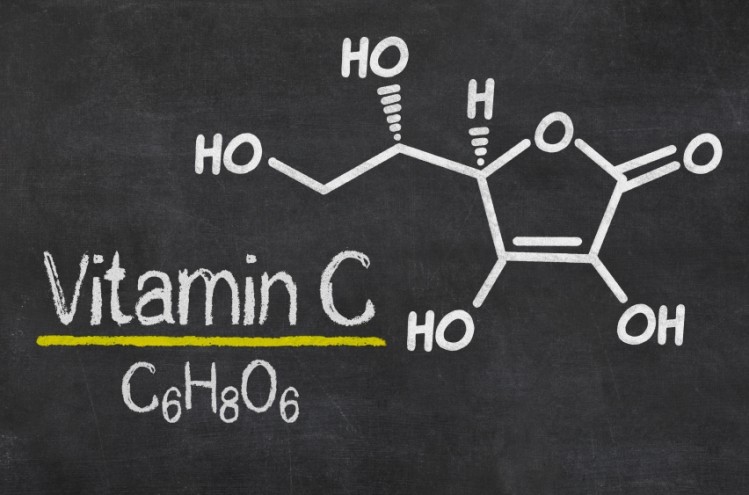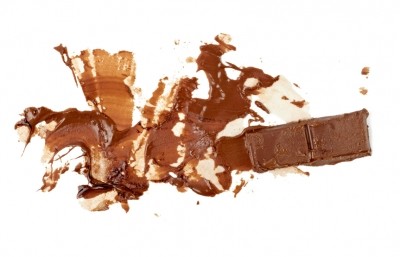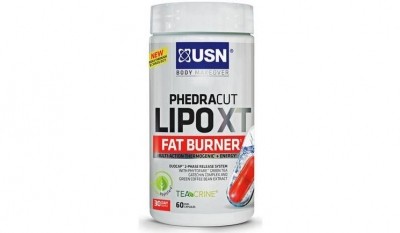ASA rules ad wrongly implies vit-C containing tablets boost energy

The UK advertising watchdog deemed the ad to have made an implied claim that the product would provide an energy boost - a specific health claim requiring authorisation on the EU Register of nutrition and health claims made on foods.
“The ad contained the claim “Vitamin C can contribute to the reduction of tiredness and fatigue,” the ruling stated.
“We considered the claim had the same meaning as the authorised health claim for sources of Vitamin C on the Register, “Vitamin C contributes to the reduction of tiredness and fatigue”.
“We understood Dextro Energy tablets were a source of vitamin C and considered that, as a specific health claim for a source of Vitamin C listed as authorised on the Register, Dextro were entitled to use it.”
However, ASA considered the implications of the ad that described the product as providing an immediate increase in energy levels.
The organisation said the ad breached the Code as its wording was considered a re-wording of the specific health claim and exaggerated the authorised claim.
Dextro Energy response
Dextro Energy, based in Hamburg, said that the ad, seen on the London underground, did not contain the word “boost” and they did not believe it was a substitute of the word “burst”.
Additionally, the word “energy” was part of the product name, “Dextro Energy”, which was a registered trademark.
The firm said they had previously sought advice from the CAP Copy Advice team in relation to the ad under investigation, to the effect that the ad was likely to comply with the Advertising Code.
“Apart from the product name, the text of the ad did not mention energy,” Dextro Energy said.
The text was made up of three components, which they believed would most likely be read as a kind of dialogue: “Life’s hard” ‒ “Cheat!” ‒ “Feel the burst of flavour”.
“By expressly mentioning “flavour”, which was depicted in the same typeset as the words “Feel the burst” and connected by three dots on either side of the product image, they believed the “burst” would be clearly understood to relate to flavour and not energy.
Dextro Energy added that even if the ad was understood to contain an implied health message, that could only be a general, non-specific claim that the food provided a benefit for overall good health or health related well-being.
Such references are allowed in accordance with Regulation (EC) No. 1924/2006 on nutrition and health claims (the Regulation) if accompanied by a specific health claim included in the Register.
The firm pointed out that the product contained vitamin C in sufficient quantities to use the authorised health claim “Vitamin C can contribute to the reduction of tiredness and fatigue”, which was included at the bottom of the ad.
One complaint recorded
Despite only one complaint recorded, the ASA upheld the concern, citing the Regulation, which states only health claims listed as authorised on the EU Register were permitted in marketing communications.
“Health claims could be made through the use of images and in the overall presentation of an ad as well as in text,” the ASA stated.
“However they were represented, health claims must be presented clearly and without exaggeration.”
The ASA accepted that, where a product name, "Dextro Energy" may be construed as a health or nutrition claim, it may be used in advertising if it was trademarked before 1 January 2005 without being accompanied by an authorised health or permitted nutrition claim.
They added this did not mean that when that product name was placed in combination with other claims and imagery, it was permissible for the overall message of an ad to constitute a health claim, which inaccurately reworded or exaggerated an authorised health claim.
Regarding the ad’s presentation, which featured a large yellow arrow pointing upwards and contained the word “Cheat!,” ASA acknowledged Dextro Energy’s view that, if the ad was understood to contain a health message, it could only be a general, non-specific claim.
“We considered, however, that by inserting the pack shot which prominently featured the product name "DEXTRO ENERGY" into the middle of the sentence that began "FEEL THE BURST", and presenting it alongside the arrow, the ad implied that the product provided an immediate increase in energy levels.
“Those who consumed the product could, therefore, better face the challenges of day-to-day life. As such, we considered consumers would understand the claim as a specific health claim relating to an immediate increase in energy levels.”
ASA concluded that the ad was not to appear again in the form complained of instructing Dextro Energy to ensure they did not exaggerate the wording of specific health claims that were authorised on the Register.















